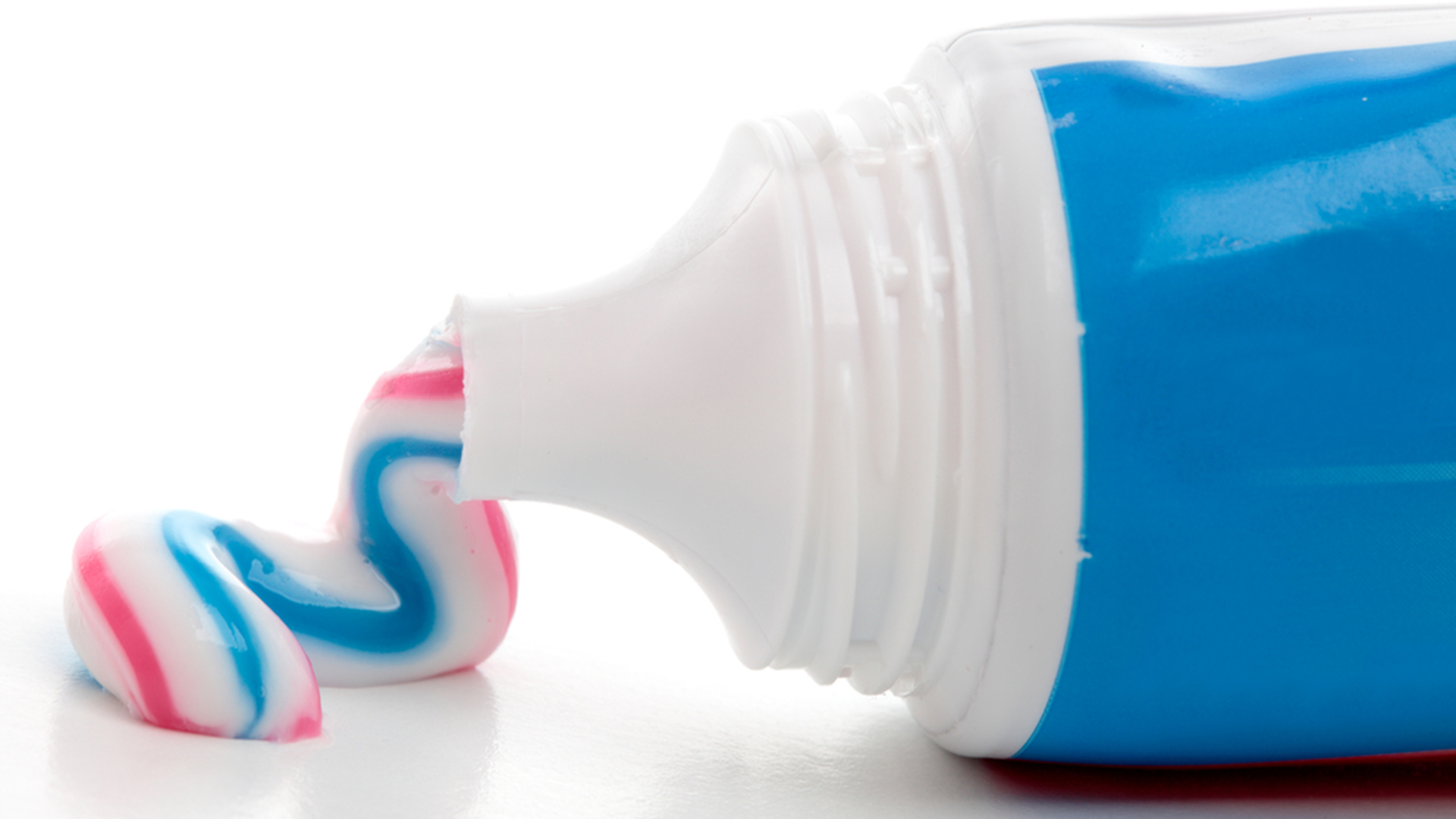
What exactly is toothpaste?
A toothpaste or “dentifrice,” according to the FDA, is an abrasive-containing dosage form (gel, paste, or powder) for delivering an anticaries drug to the teeth. An anticaries drug they then further defined as “a drug that aids in the prevention and prophylactic treatment of dental cavities.” Keep this in mind for when I get to the topic of organic/natural, charcoal “toothpaste.”
So I’ll be completely honest with you, 80% of the toothpaste on the market do the exact same thing. They typically consist of active and inactive ingredients. Some of the more common active ingredients include:
- Anticaries agents: Fluoride-containing compounds in the form of sodium monofluorophosphate, sodium fluoride, and stannous fluoride are used as anticaries agents in toothpaste. Fluoride strengthens teeth to help prevent tooth decay and remineralizes tooth enamel in the early stages of tooth decay.
- Desensitizing agents: Toothpaste may contain active ingredients that reduce oral discomfort due to hypersensitivity. Potassium nitrate and stannous fluoride are two commonly found desensitizing agents in toothpaste. Another less commonly found active ingredient for sensitivity is strontium chloride.
- Antimicrobial agents: Stannous fluoride helps reduce gingivitis. Pyrophosphates and zinc citrate help reduce the build-up of calculus also known as tartar.
- Abrasive agents: Calcium carbonate, dehydrated silica gels, hydrated aluminum oxides, magnesium carbonate, phosphate salts, and silicates help clean the teeth and may help whiten teeth by physically removing surface stains.
- Detergents: Sodium lauryl sulfate and sodium N-lauryl sarcosinate create a foaming action that may help increase the solubility of plaque and accretions during brushing.
- Flavoring agents and non-caloric sweeteners like saccharin to improve the taste. Sugar or any other cariogenic ingredient is NOT permitted in any ADA-Accepted toothpaste.
- Humectants: Glycerol, propylene glycol and sorbitol, to help prevent water loss in the toothpaste.
- Thickening agents or binders to stabilize the toothpaste formula. They include mineral colloids, natural gums, seaweed colloids or synthetic cellulose.
- Peroxide: Hydrogen and carbamide peroxides to help reduce intrinsic stains.
So for everyday use, I recommend any toothpaste that contains some form of fluoride and has the American Dental Association seal of approval on the box:
When in doubt, just take a look at the back of the box for the list of active ingredients.
Whether brand name or generic, if it is good with the ADA it is good with me. So my go-to is whichever of approved toothpaste that is on sale at my supermarket.
There are some specialty toothpaste that I do recommend in certain cases, however:
For people with chronic inflammation and bleeding gums: Parodontax https://www.parodontax.com/
For people with sensitive teeth: Sensodyne
https://www.sensodyne.com/en-us/
For adults and children learning to identify areas with plaque buildup:
Plaque HD
https://plaquehd.com/
Organic/Natural and Charcoal Pastes
For organic toothpaste, the jury is still out on it since there has not been a significant amount of studies on the efficacy of organic toothpaste and cavity prevention. No natural toothpaste will earn the American Dental Association’s (ADA) seal of acceptance unless it contains “the minimum amount of fluoride necessary to prevent cavities.” While fluoride is toxic in large quantities, it all depends on how much you ingest. So since you’re not sitting there eating your toothpaste, you’re ingesting very little. Then there is the activated charcoal toothpaste, which is more abrasive on your teeth and gums and has no proven anticavity properties or whitening capabilities. In fact, organic/natural and charcoal “toothpaste” can’t technically be called toothpaste according to the FDA because do not deliver any anticavity drugs to the teeth. So in my personal opinion, why risk it? Who wants to spend more time at the dentist’s office because of a toothpaste?

